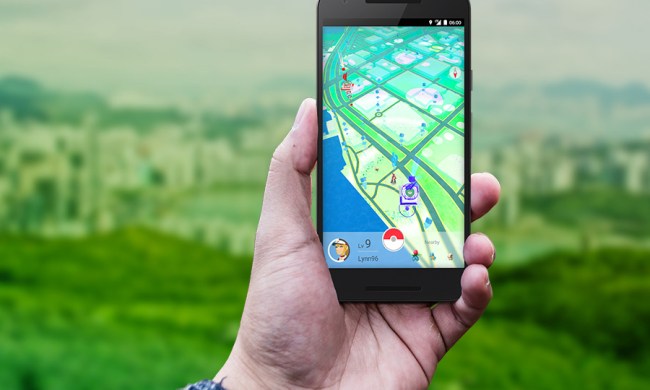After decades of experimenting with how to turn the Pokémon series into a service, The Pokémon Company seems to have finally cracked it. Pokémon Home, the follow-up to the Nintendo 3DS’ Pokemon Bank app, will officially launch in February as a paid service on Nintendo Switch and mobile devices.
Built to interact with Pokémon Sword, Shield, Let’s Go, and Go, Pokémon Home will feature a free basic tier as well as a premium subscription. The free version of Pokémon Home will allow players to store 30 Pokémon and opens access to the Global Trade System. While the basic plan offers trading, players cannot host trade rooms and will only be able to place one Pokémon up for trade at a time.

The premium tier is a significant upgrade, allowing users to store 60,000 Pokémon, use a stat judging function, and access more trading options, such as room hosting. Those added features cost $3 a month, $5 every three months, or $16 for a whole year.
Premium’s main draw is its ability to link with the 3DS’ Pokemon Bank app, allowing players to bring compatible monsters to Pokémon Sword and Shield. That function could be a key selling point for longtime players looking to bring their favorites to the Switch. During Home’s first month, the Pokémon Bank and Pokemon Transporter apps will be available for free to let users easily transfer Pokémon without having to double-dip in subscription fees.
In many ways, Pokémon Home feels like a culmination of The Pokémon Company’s long struggle to sell Pokémon as more than just a game. The company released several storage solutions over the years with varying degrees of success. Pokémon Bank functioned well enough as a short-term fix, but programs like GameCube’s Pokémon Box are emblematic of the company’s long history of convoluted services.
With the jump to mobile, Pokémon Home solidifies an emerging trend as the franchise embraces a more modern gaming landscape. The paid service comes shortly after The Pokémon Company revealed Sword and Shield’s expansion pass, which will give players two new pieces of DLC for $30. The approach is a far cry from the company’s previous strategy of releasing a third, separate game alongside every mainline Pokémon release.
The mobile app could also help future-proof the franchise, no longer tying Pokémon data to Nintendo’s hardware and allowing for seamless integration across The Pokémon Company’s newer multi-system approach. However, that solution will come at a cost to Pokémon veterans, which is sure to be a growing pain for players who became vocally critical of the franchise’s direction when Sword and Shield released in November.
Pokémon Home has yet to receive a firm release day, but The Pokémon Company already revealed plans to update the app with Pokémon Go integration and battle data post-launch, so it’s clear that this is more of a long-term strategy than another stopgap necessity.



